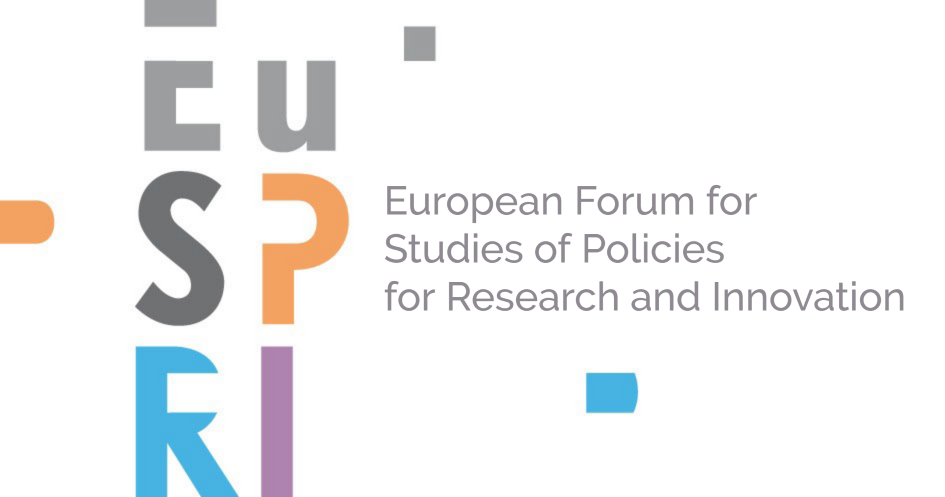Rainville, Anne (Utrecht (NL) Utrecht University)
Effectiveness and limitations of public procurement in achieving the intersecting policy goals of a changing Europe
Authors: Anne Rainville, Matthijs Janssen, Bastian Krieger, Elvira Uyarra, Pelle Berkhout
Keywords: Public Procurement, Democracy, Resilience, Sustainability, Open Strategic Autonomy
Abstract
While public procurement is recognized as important for demand-side innovation, its uptake remains low compared to traditional policy instruments, with literature still exploring its impacts on economic growth, technological advancement, and sustainability. Recent geopolitical and economic shifts call for a renewed examination of demand-side innovation policies within a contemporary framework that emphasizes balancing the interests of individual member states with European strategic competitiveness. Against this backdrop of open strategic autonomy, there is growing interest in developing public procurement practices to help achieve concurrent (and possibly conflicting) goals while upholding democratic principles of openness, transparency, and the EU internal market. The intersection of public procurement with issues of security, strategic autonomy, and the equitable distribution of the benefits of innovation offers a novel and timely research agenda.
In the context of contemporary policy issues, the track aims to explore how public procurement can be positioned not only as a tool for economic growth but as an instrument for achieving broader societal goals. It seeks to bridge traditional innovation policy with contemporary challenges, investigating how public procurement practices can contribute to democratic governance, inclusivity, and environmental sustainability while balancing market needs and competitive imperatives. Through empirical research, policy analysis, and theoretical exploration, it encourages discussions that link procurement strategies to historical insights and current policy shifts. By doing so, it aims to foster a deeper understanding of how demand-side innovation policies can contribute to resilient, fair, and future-proof economic systems.
This track welcomes papers from across disciplines on the intersection of innovation, sustainability, and open strategic autonomy that delve deeper into the design and effects of procedures for innovation procurement and which challenge many of the implicit assumptions of conventional policies.
Possible topics include:
• Identifying roles for innovation procurement in achieving challenge-based innovation policy. Key implementation, measurement, and evaluation challenges.
• Leveraging public procurement to achieve combinations of policy goals – effectiveness and unintended consequences
• (National) security considerations in public procurement, and their effects on technological sovereignty (e.g., the use of national security assessments and other exclusionary techniques)
• Roles for collaborative (pre-commercial) procurement in changing defense versus dual-use contexts, including in cross-Atlantic public procurement
• Implications of practices for public procurement of critical infrastructure on the internal EU market
• Drivers and barriers to embed award criteria in the public procurement of critical technologies, linking digital and green transitions
• Standardizing selection criteria for use in public procurement (e.g., EU low-carbon criteria to stimulate demand for green products) by promoting transparency
• Variations in the impact of selection criteria according to market heterogeneity, buyer-supplier typology, and procurement instrument.
• New outcome-oriented market consultation methods to enhance supplier engagement and clarify its effects on innovation, sustainability, and technological sovereignty
• Standardization of public procurement procedures to facilitate collaboration between suppliers toward improved scale-up (e.g., for integration of advanced pre-commercial solutions), considering research infrastructure and technology transfer
• Instruments to improve technological sovereignty by reducing supply chain dependencies in public procurement
• Impacts of considering various geography issues (e.g., origins of bidder, suppliers, components) in pre-procurement market engagement
• The ability of innovation procurement to create ‘lead markets’ to raise demand for low-carbon products and services in downstream industries
• The different impacts of public procurement on heterogenous firms (e.g., larger vs. smaller firms, younger vs. older firms) resulting from diverse impact mechanisms (e.g., market signal, demand security, quality certification)
• The importance of supplier characteristics for the performance of the procurer (e.g., the influence of a high-tech firm’s experience on the scientific performance of a university)
Organizers’ details
From Utrecht University, the track is organized by the Department of Innovation Studies, Copernicus Institute of Sustainable Development, with affiliation to the Utrecht University Centre for Public Procurement (UUCePP) and the Mission-oriented Innovation Policy Observatory (MIPO).
From ZEW – Leibniz Centre for European Economic Research in Mannheim, the track is organized by the Junior Research Group Co-Creation.
From the University of Manchester, the track is organized by the Manchester Institute of Innovation Reseach (MIoIR), and supported by the Innovation Procurement Empowerment Centre (IPEC).
The track is also held under the Horizon Europe Research and Innovation Action DemoTrans. DemoTrans conducts theoretical and empirical research on the institutional design of processes for public procurement, developing robust recommendations `to make corporations more inclusive, accountable, and environmentally sustainable. The objective is to outline and understand the new type of politics that is emerging as globalization and global corporations challenge liberal democracy, social cohesion, and the environment. Findings help envision and develop the contours of new approaches to re-embed democracy and capitalism.
